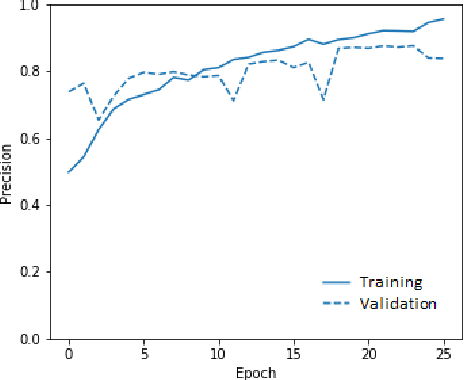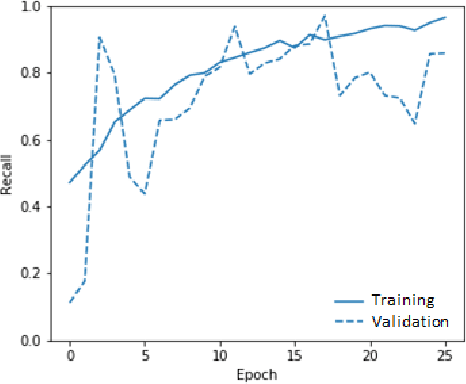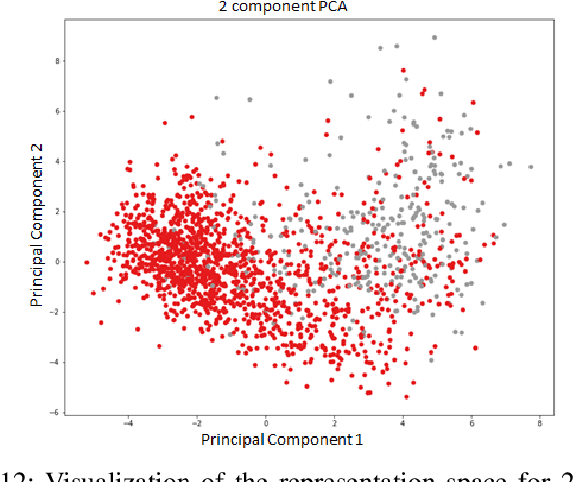Detecting of a Patient's Condition From Clinical Narratives Using Natural Language Representation
Paper and Code
Apr 19, 2021



This paper proposes a joint clinical natural language representation learning and supervised classification framework based on machine learning for detecting concept labels in clinical narratives at CHU Sainte Justine Hospital (CHUSJ). The novel framework jointly discovers distributional syntactic and latent semantic (representation learning) from contextual clinical narrative inputs and, then, learns the knowledge representation for labeling in the contextual output (supervised classification). First, for having an effective representation learning approach with a small data set, mixing of numeric values and texts. Four different methods are applied to capture the numerical vital sign values. Then, different representation learning approaches are using to discover the rich structure from clinical narrative data. Second, for an automatic encounter with disease prediction, in this case, cardiac failure. The binary classifiers are iteratively trained to learn the knowledge representation of processed data in the preceding steps. The multilayer perceptron neural network outperforms other discriminative and generative classifiers. Consequently, the proposed framework yields an overall classification performance with accuracy, recall, and precision of 89 % and 88 %, 89 %, respectively. Furthermore, a generative autoencoder (AE) learning algorithm is then proposed to leverage the sparsity reduction. Affirmatively, AE algorithm is overperforming other sparsity reduction techniques. And, the classifier performances can successfully achieve up to 91 %, 91%, and 91%, respectively, for accuracy, recall, and precision.
 Add to Chrome
Add to Chrome Add to Firefox
Add to Firefox Add to Edge
Add to Edge